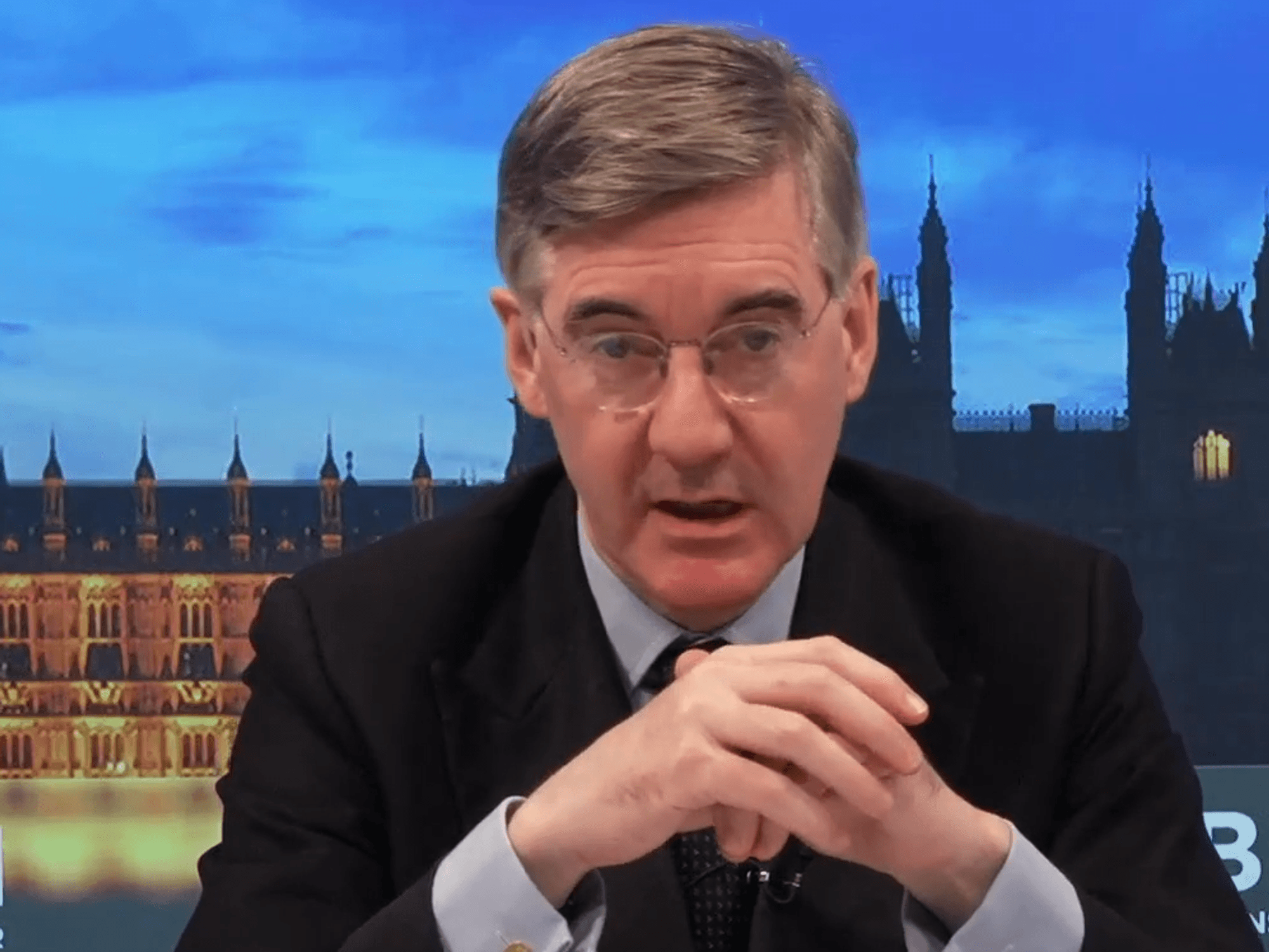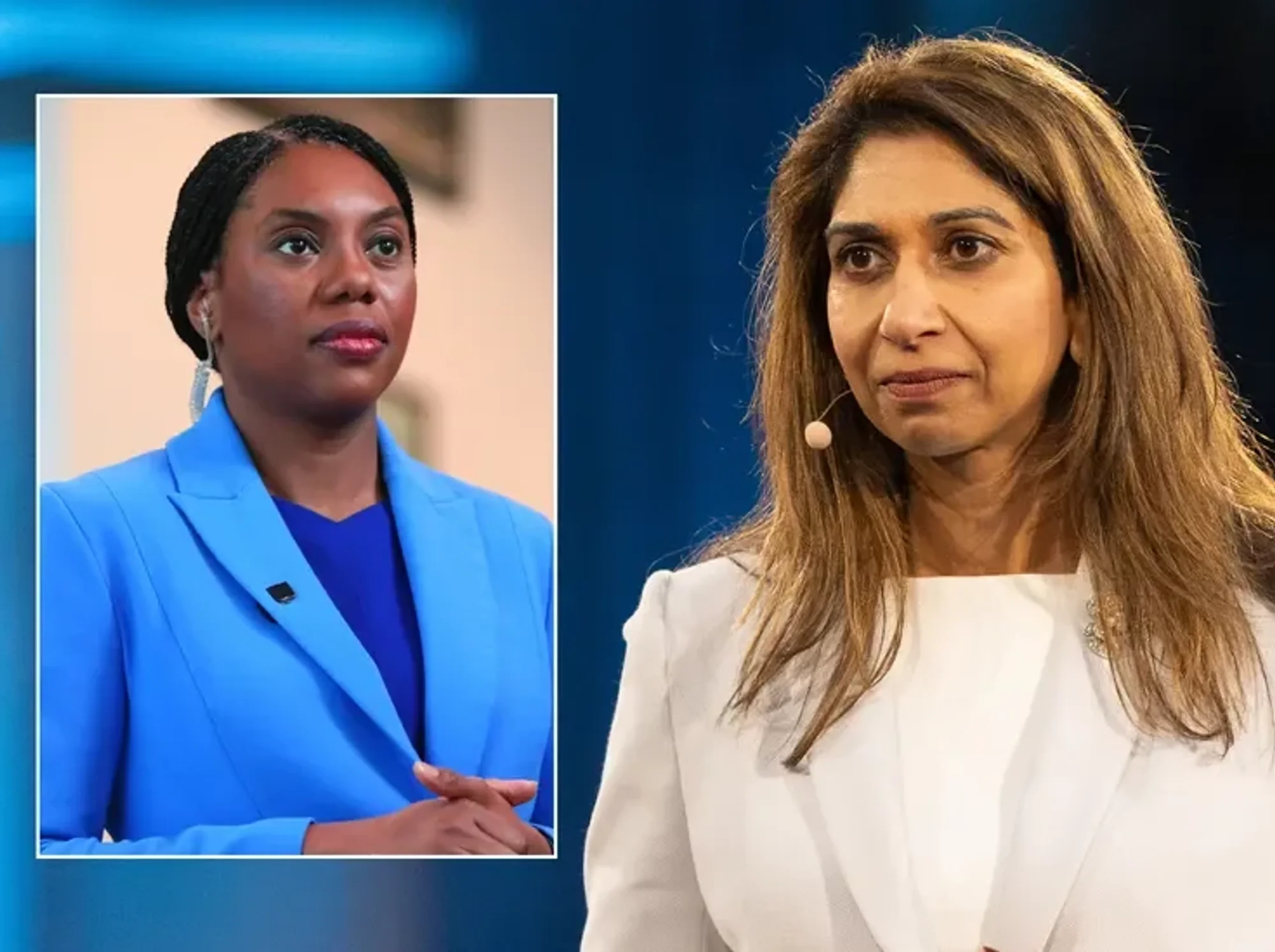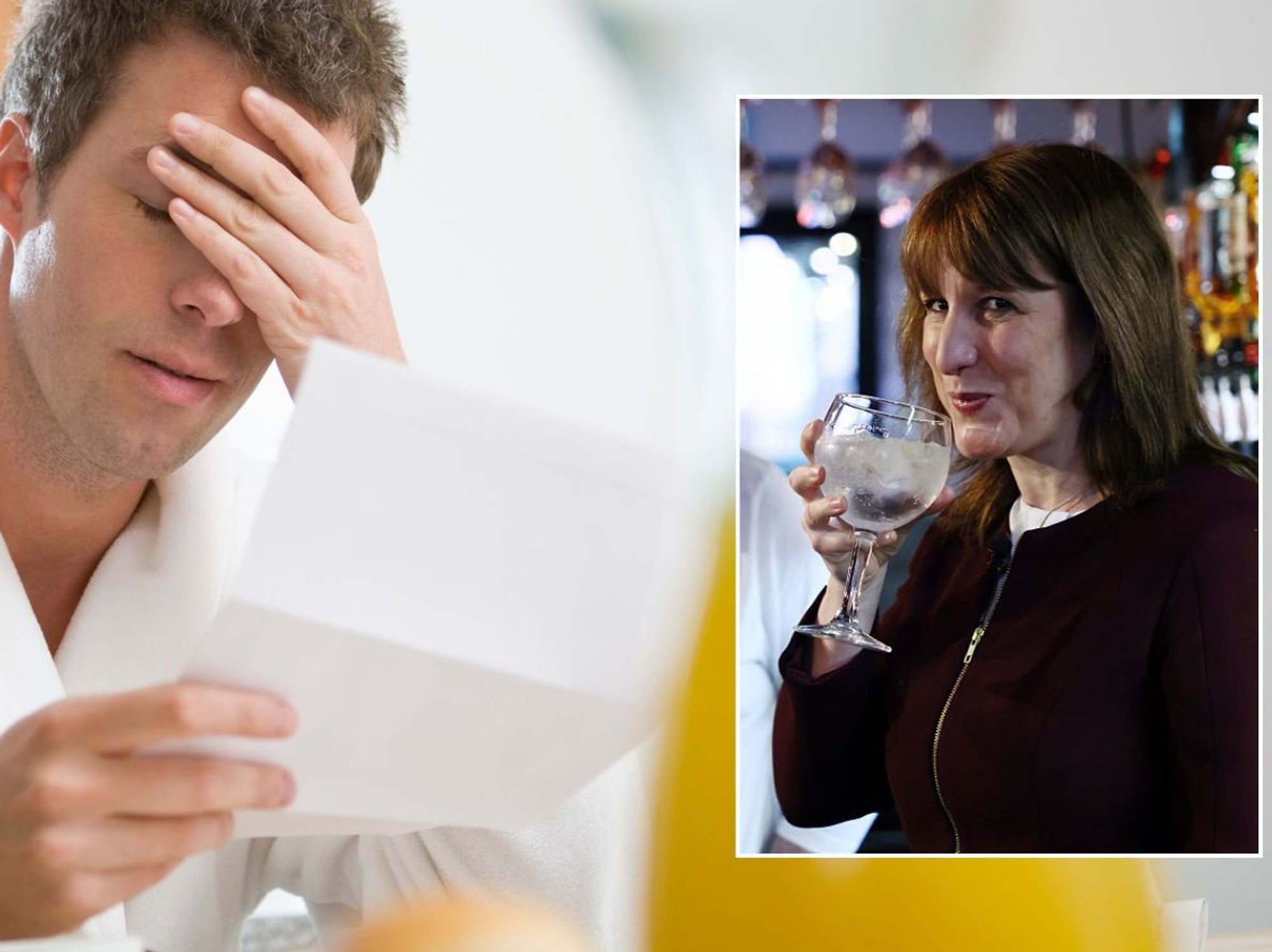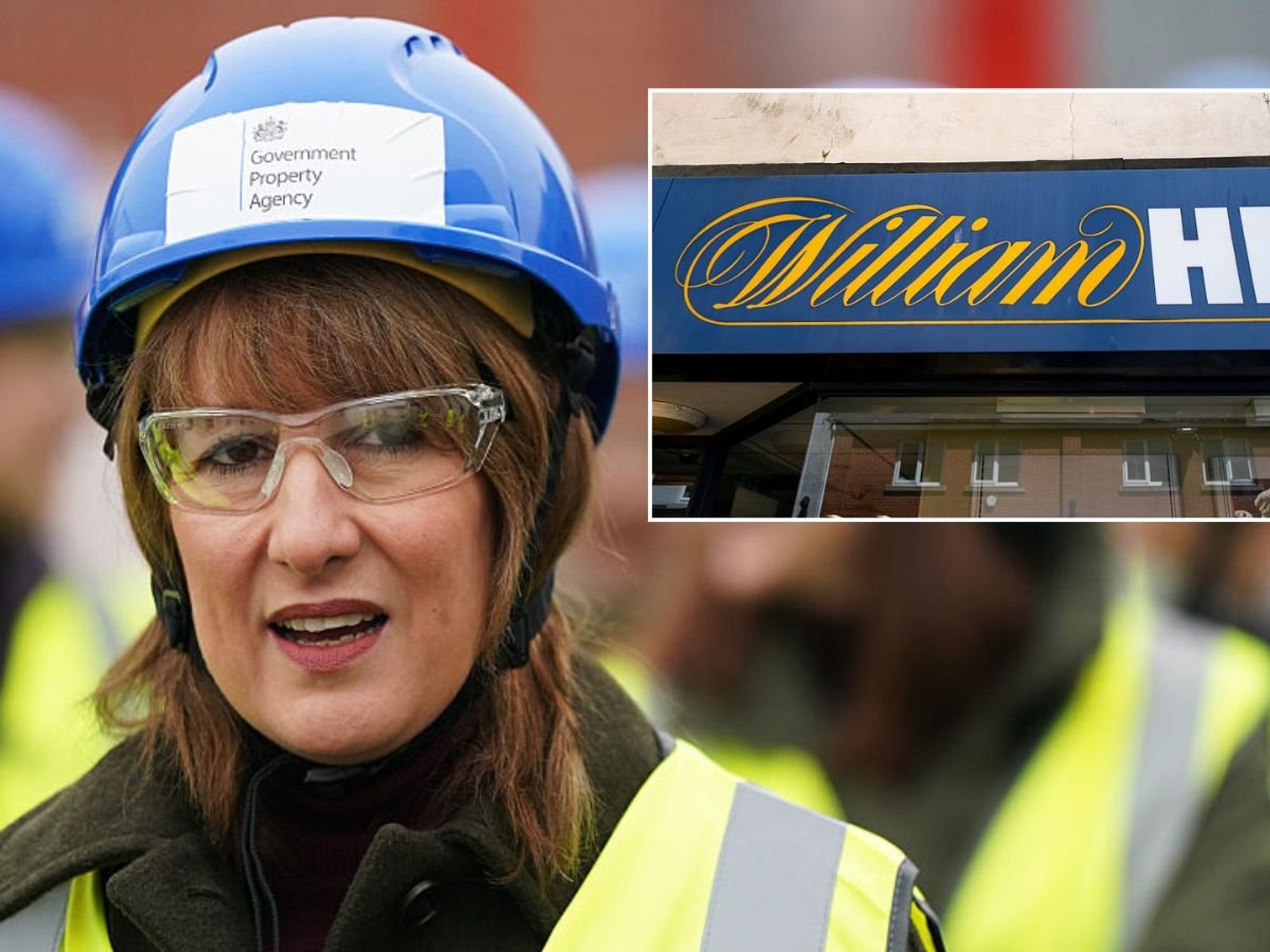Calling Reform racist just turned Nigel Farage into Teflon. This is the greatest PR stunt ever - Rakib Ehsan
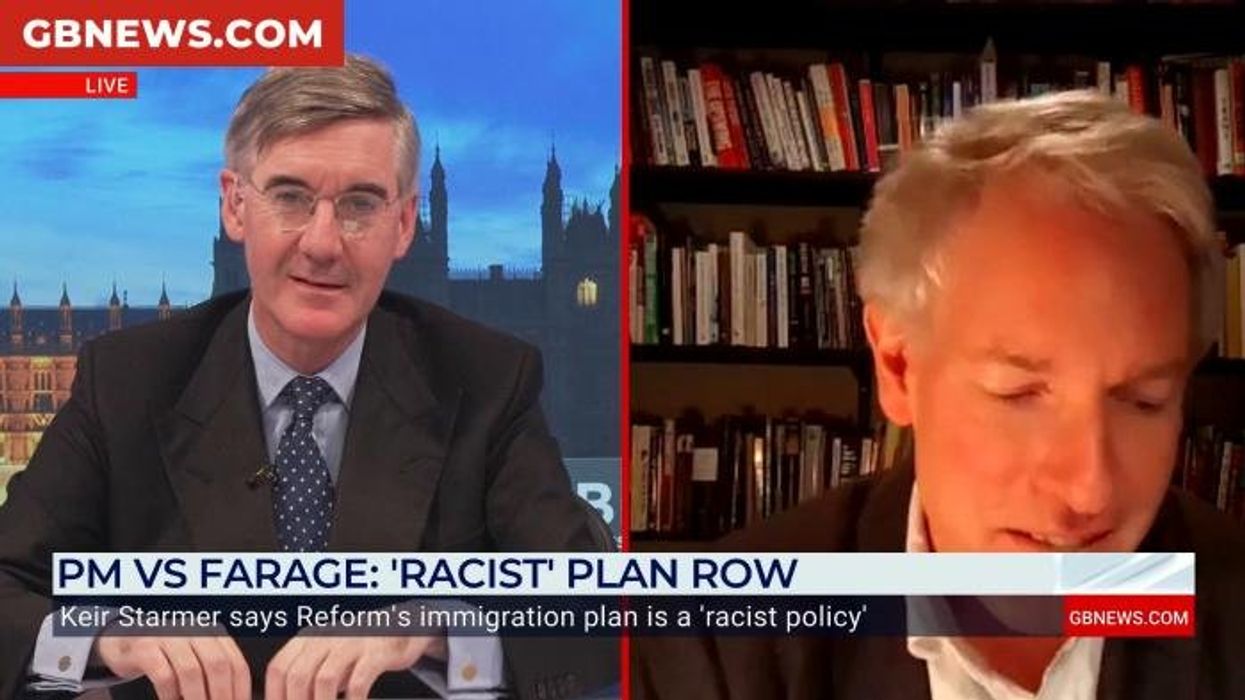
GB
Scrapping ILR and tackling the ‘Boriswave’ is not an act of racism - it's a response to uncontrolled mass immigration, writes independent researcher, writer and media commentator Rakib Ehsan
Don't Miss
Most Read
Trending on GB News
The Labour Government’s strategy to tackle the electoral threat of an increasingly buoyant Reform UK becomes clearer by the day – portraying the insurgent party led by Nigel Farage as a hateful xenophobic outfit that has no place in modern British life.
Reacting to Farage’s announcement that his party would scrap the right of migrants to apply for indefinite leave to remain (ILR), ban anyone who is not a UK citizen from claiming benefits, and demand migrants to renounce their existing citizenship as part of the UK naturalisation process, prime minister Sir Keir Starmer labelled Reform’s immigration policy as “racist” and “immoral”.
His home secretary, Shabana Mahmood, went further by describing these plans as “extreme” and accused Farage of blowing “a very, very loud dog whistle to every racist in the country”. Meanwhile, Labour’s health secretary, Wes Streeting, appeared to suggest that Farage himself may well be a racist.
Considering the electoral landscape in their respective constituencies of Birmingham Ladywood and Ilford North, perhaps Mahmood and Streeting should focus more on the spectacular rise of tribal religious politics within inner-city Muslim communities.
While the interventions reveal that Labour has been left rattled by Reform UK’s success in parking its teal tanks on its red lawns, they are only likely to further alienate traditional working-class voters who have perfectly legitimate concerns over matters of immigration, integration, and identity.
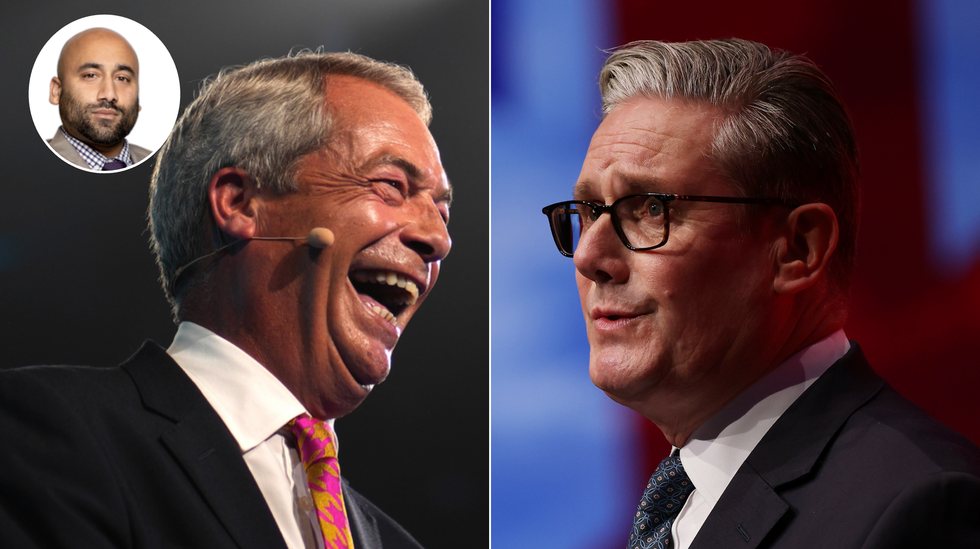
Calling Reform racist just turned Nigel Farage into Teflon. This is the greatest gift ever - Rakib Ehsan
|Getty Images
Scrapping ILR and tackling the so-called ‘Boriswave’ – 3.8 million migrants who have arrived in the UK since the January 2021 liberalisation of post-Brexit visa rules under Conservative prime minister Boris Johnson – is not an act of racism; it is recognition that our lax immigration system and residency rules need to be corrected.
And it is not racist to recognise that high levels of poorly regulated migration from countries such as India, Pakistan, and Nigeria – all countries that have their fair share of issues with religious extremism and communal strife – pose a threat to social cohesion in Britain.
Recent data published by the Office for National Statistics (ONS) found that in the year to June 2024, 98 per cent of population growth was a result of net international migration.
These islands were once known for their historically stable demography and ability to integrate enterprising newcomers in manageable numbers – but mass immigration over the course of the 21st Century has led to a pace of social and cultural change which has understandably left some anxious.
In my hometown of Luton, the population has grown much faster than the national average. While part of this will be down to having higher birth rates (Luton is home to a sizeable, relatively youthful, and socially conservative Muslim population) and the ‘internal migration’ of people relocating to the Bedfordshire town after being priced out of London’s housing market, it is ultimately down to the wave of new migrants – either operating in the so-called ‘gig economy’ or having a place at the local university which is reliant on the higher fees of international students.
It is worth noting that it is not only English people who are unsettled by the fast-changing demography in the town, but also established ethnic-minority residents - including foreign-born migrants who have considered the UK their home for decades.
The truth is that a civic politics of national preference – one that prioritises the well-being of UK citizens when it comes to human rights, rebuilding our economy, and accessing social goods such as council housing – would command mass support among British people from different walks of life.
Resisting the downgrading of the nation in the face of market globalisation and valuing the notion of being a stable national democratic community is more important than ever.





